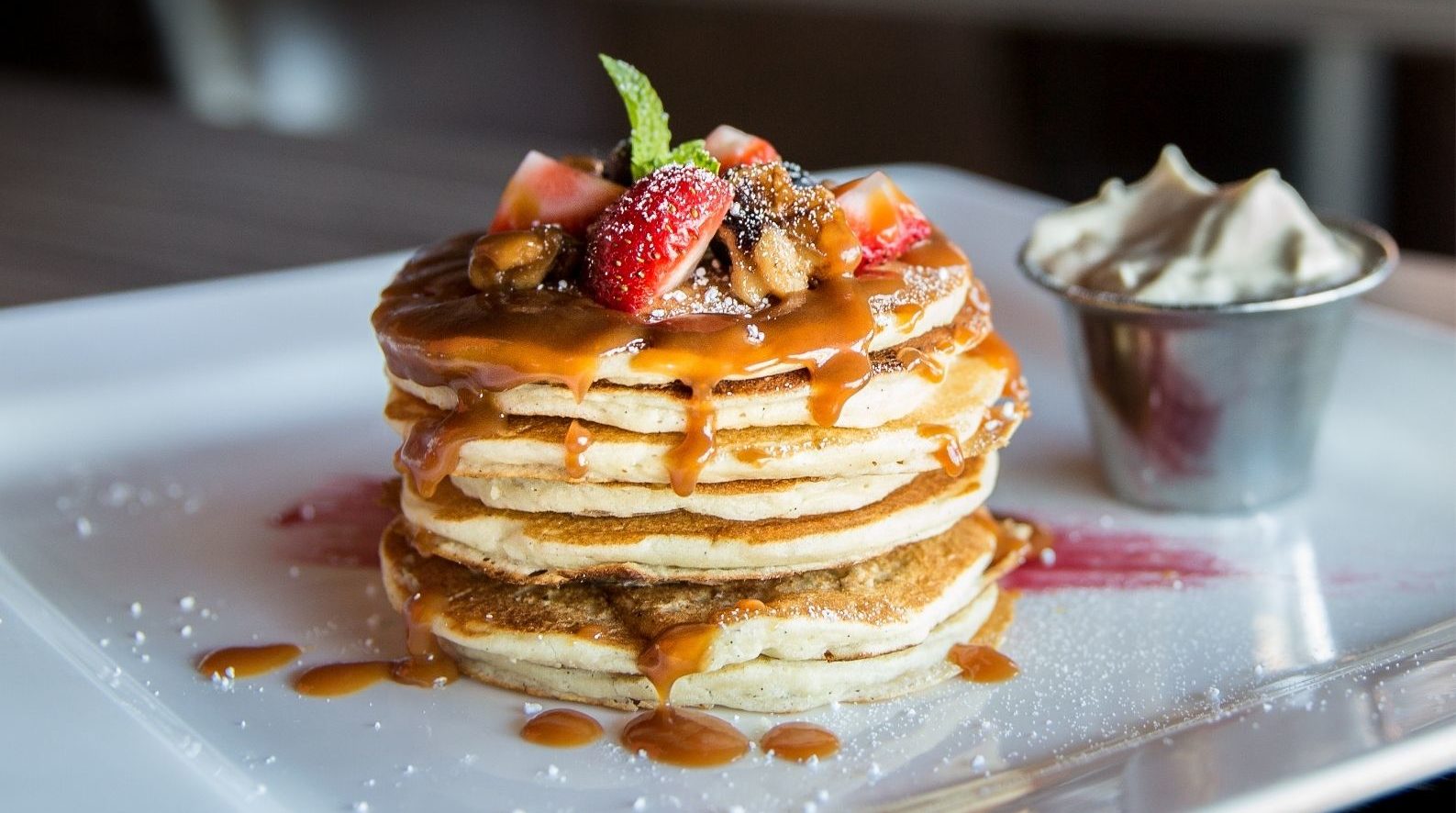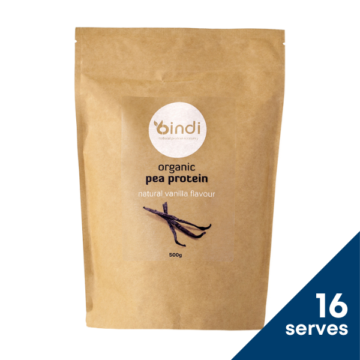As athletes, we are constantly looking for an extra edge when it comes to training, racing, winning and simply improving ourselves to become fitter, faster, stronger and healthier! However, how much is too much of a good thing when a healthy obsession turns into self-destruction from a nutrition perspective?
Nutrition is one of the foundational features of sport, and staying fit and healthy – in both the short and long term. Yet, just as we sometimes overdo it in training and end up with overuse injuries or more than expected periods of fatigue, similarly, we can overdo our conscientious tendencies towards food.
There is a fine line between having enough knowledge to serve you well as an athlete, in order to be able to eat to support your sport, and becoming focused to the point of excluding other areas of life, which contribute to one’s overall happiness. These equally valuable areas and activities include relaxing at social engagements, having the odd treat or even splurging on your favourite ice cream, and sitting back and taking a break without thinking about food or training. Remember your brain needs a rest occasionally too!
If you are looking for perspective when it comes to food and wondering whether your relationship with it is healthy or verging on the unhealthy side, here are a few pointers to give you an idea of which side of the line you might lie on. Eating disorders are not uncommon in athletes, so consider these facts before attempting to control your diet extensively.
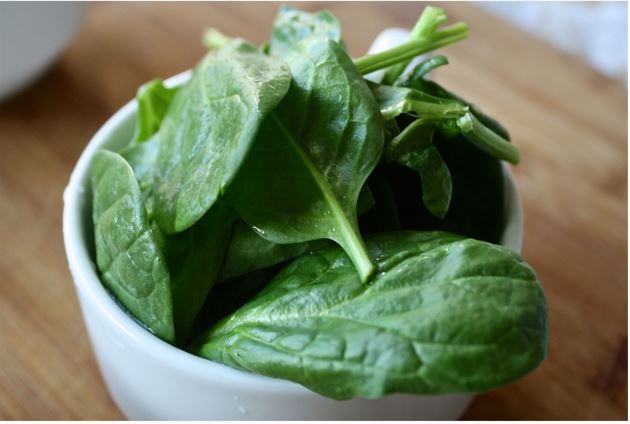
EATING DISORDERS AND ATHLETES
Up to 25% of endurance athletes have suffered from an eating disorder of some sort during their sporting career. Nowadays, we tend to use the term REDS (Relative energy deficiency in sport) to incorporate most types of eating disorders. However, the typical eating disorders we look for still include anorexia nervosa, bulimia, and binge eating.
The odd binge or post-race massive refuel can be great fun and a nice way to celebrate after an event, especially a longer distance event, such as an Ironman (if you have read Chrissie Wellington’s book, you will know what I mean!). However, you are constantly overeating after big training sessions to the point of ignoring your body’s needs, then you might want to question whether the psychological element to your nutrition is healthy. Remember, you can’t out-train a bad diet!
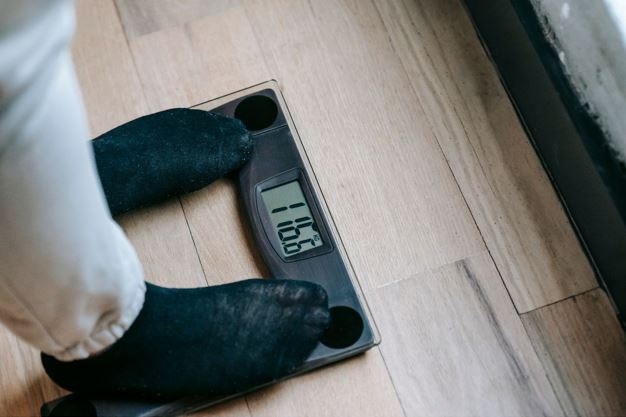
EATING food for comfort
Alternatively, you could eat all the healthy food in the world, yet if you are using food as an emotional tool to mask or avoid other areas of life, then ultimately, you are creating a recipe for disaster. At some point, the emotional tank is going to overflow and all those hidden or built-up feelings are going to come flooding into life – unfortunately food doesn’t solve anyone’s emotional problems in the long term!
So, as athletes we can aim to be mindful of what we are eating and putting in our bodies. The priority becomes optimal nutrition for training and recovery, and this is a balance that is achieved through neither over or under-eating.
“Whilst being mindful of what we are eating and putting in our bodies is important; the aim is to be doing it in a healthy way emotionally“
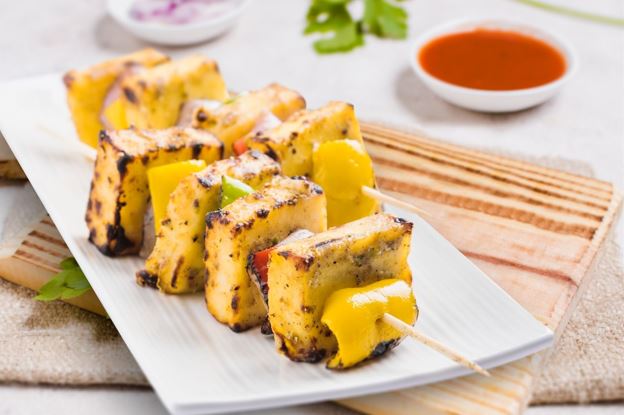
ARE YOU AVOIDING CERTAIN MEALS?
There are certain meals and nutrition windows that are crucial to your performance as an athlete, and so if you are skipping these then your won’t maximize your training. Training on an empty tank, and not getting the nutrients your body requires for recovery can increase your risk of illness and injury too.
Some of the crucial nutrition risks to watch out for are skipping breakfast before for a long training session; not eating during longer or intense training sessions; and not refuelling after any training session, whether it was intense or easy. Remember, the body is like the engine of a car – it requires fuel to function and, without it, however hard you press on the accelerator, you won’t be travelling very far or fast if you don’t have anything in the tank.
finding your balance
It is not how much you weigh or what you eat that makes you the person you are. And maybe take the time to read that sentence again!
Balanced, nutritious food and fuelling is one of the foundational features of sport and also staying fit and healthy in both the short and long term. The challenge can be to achieve certain goals you may have in mind without an added layer of anxiety around food. Optimal food and nutrition and a healthy relationship with your food can help you to thrive mentally, physically and emotionally.

try THESE TOP THREE Bindi Products FOR A HEALTHY NUTRItioNAL Foudation:
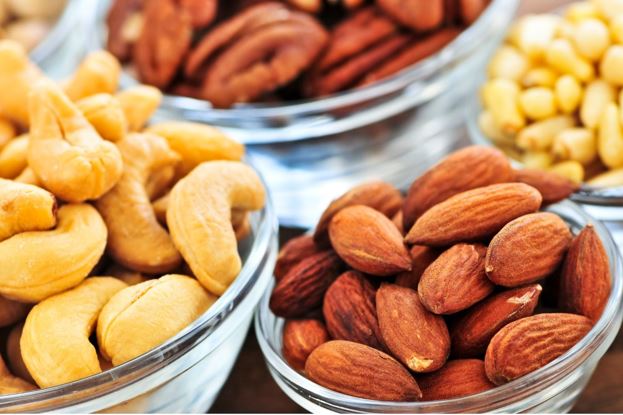
ABOUT THE AUTHOR

